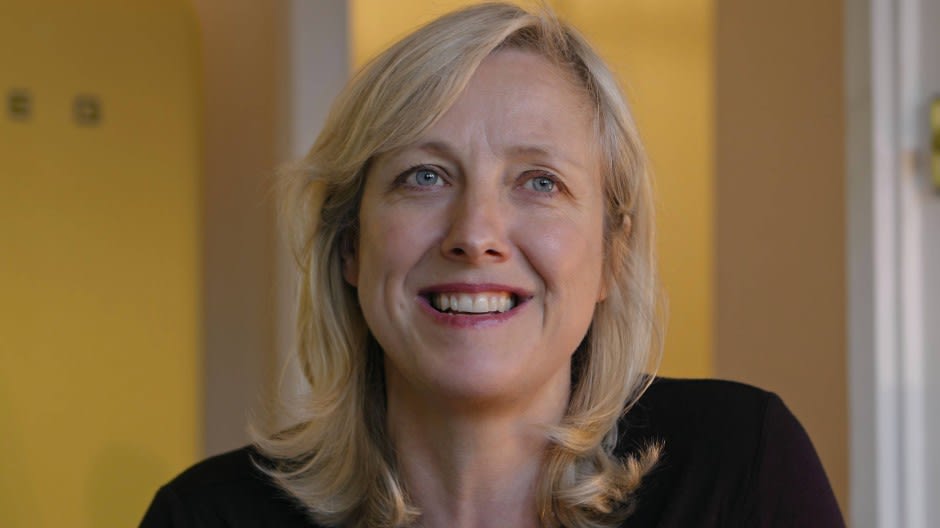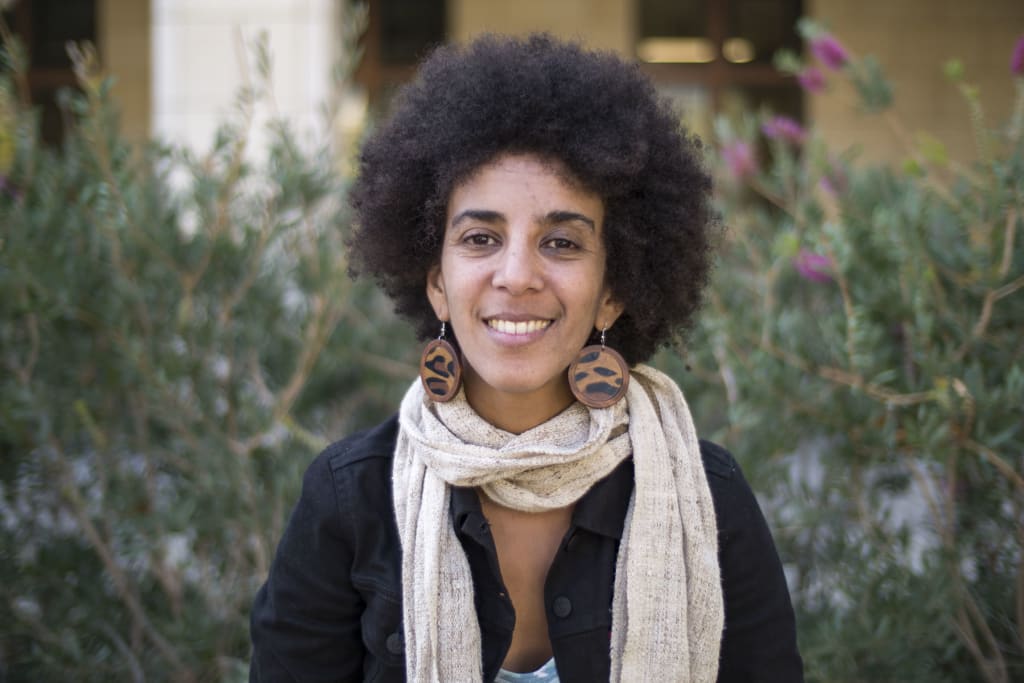This International Women’s Day, we’re taking the opportunity to talk to some of the world’s top female pioneers in data privacy and security. Here is just a small glimpse into the contributions that female academics, journalists, and scientists have made to the advancement of digital rights.
Women are at the forefront of the fight for a more free and private internet across various fields, leading the way in exposing the unfairness and biases embedded in Big Tech and spreading awareness of how our data is collected and used against us.
Carissa Véliz
Carissa Véliz uses her expertise in ethics and privacy to clearly communicate how digital technology is often stealing our personal data and our power to make free choices. However, her book, Privacy is Power, isn’t just about how rampant surveillance is eroding our democracy, but rather a practical and simple handbook for how we, as a society, can seize back control of our data and the power that comes with it.
We were lucky enough to speak with Carissa in July 2021 about Privacy is Power, why privacy is collective, and how the citizenry can stand up to Big Tech and take back democracy.
About Carissa Véliz
Carissa Véliz is an award-winning author and Associate Professor at the Faculty of Philosophy and the Institute for Ethics in AI at the University of Oxford. Her work focuses on digital ethics with an emphasis on privacy and AI ethics. Carissa Véliz wrote Privacy is Power, an Economist Book of the Year, in which she argues that privacy is a kind of power, and a lack of privacy gives others power over you. Privacy is Power explores how the data economy and surveillance capitalism are undermining freedom, equality, and democracy and what we can all do as citizens to take back control of our data.
Must read
Privacy is Power: Why and How You Should Take Back Control of Your Data(new window), Carissa Véliz, 2021.

The more other people know about you, the more they can try to figure out what you’re going to do next and try to interfere with that. That’s exactly what companies and governments are doing, and that’s a bad thing for democracy.
Carole Cadwalladr
Carole Cadwalladr is best known for her work exposing the Facebook-Cambridge Analytica data scandal. Her reporting showed how the personal data of millions of Facebook users was collected by the consulting firm Cambridge Analytica and subsequently used for targeted political advertising.
Her work has revealed to the world just how much power lies in our collective data and how it can be abused to undermine global democracies. She is not afraid to call out the powerful, and was one of the first to connect the dots between Big Tech’s role in the UK’s Brexit vote and the 2016 US presidential election.
About Carole Cadwalladr
Carole Cadwalladr is an award-winning journalist for the Guardian and the Observer in the UK who most notably worked alongside whistleblower Christopher Wylie to investigate and expose the Facebook-Cambridge Analytica data scandal. She has also revealed multiple crimes committed during the UK’s European referendum and exposed Russian interference in Brexit.
Most recently, Carole has been supported by EFJ and RSF, among other organizations(new window), in protecting her freedom of speech against a libel and defamation action lawsuit(new window) in the UK brought by multimillionaire Brexit funder Arron Banks.
Must read
Carole Cadwalladr’s key articles in the Cambridge analytica files(new window) with The Guardian.

Democracy is not guaranteed, and it is not inevitable, and we have to fight and we have to win and we cannot let these tech companies have this unchecked power. It’s up to us — you, me and all of us. We are the ones who have to take back control.
Timnit Gebru
Timnit Gebru’s high-profile whistleblowing regarding her mistreatment at Google has driven progress for diversity and inclusion within the tech sector, shining a light on the uphill battle that women of color face when they try to break into Silicon Valley. Although Timnit is one of the most high-profile Black women in her field, Google fired her when they disagreed with a paper she wrote about ethnic and gender biases in facial recognition technology.
About Timnit Gebru
Timnit Gebru is a widely respected leader in AI ethics research. She was once the co-lead of Google’s ethical AI team before being forced out after writing a paper(new window) that showed ethnic biases in facial recognition technology. The worst offender in her paper was IBM’s facial recognition, which was 34.4 percentage points worse(new window) at classifying gender for dark-skinned women than light-skinned men.
Timnit’s mistreatment at Google led to over 1,400 Google staff and 1,900 other supporters signing a letter of protest(new window) that demanded answers over her firing. She has since been named in Forbes 30 Inspirational Women(new window), among other accolades.
Must read
Gender Shades: Intersectional Accuracy Disparities in Commercial Gender Classification(new window) Joy Buolamwini and Timnit Gebru, 2018

We need alternatives. We need governments around the world to invest in communities building technology that genuinely benefits them, rather than pursuing an agenda that is set by big tech.
Shoshana Zuboff
Shoshana Zuboff coined the term “surveillance capitalism” in her book The Age of Surveillance Capitalism: The Fight for a Human Future, and thus gave the world new vocabulary to understand how tech monopolies use our data for profit and power.
About Shoshana Zuboff
Shoshana Zuboff is an academic at Harvard Business School and the author of In the Age of the Smart Machine: The Future of Work and Power, The Support Economy: Why Corporations are Failing Individuals and the Next Episode of Capitalism, and The Age of Surveillance Capitalism: The Fight for a Human Future at the New Frontier of Power.
In The Age of Surveillance Capitalism, Shoshana explains how people who use new technologies are no longer customers, nor are they employees or products — instead, they are the raw material for the surveillance economy.
Must read
The Age of Surveillance Capitalism: The Fight for a Human Future at the New Frontier of Power(new window), Shoshana Zuboff, 2019

Surveillance capitalism unilaterally claims human experience as free raw material for translation into behavioral data.
Join the fight to make the internet a better place
For the internet to become a better, freer, and fairer place, we need everyone to step up. It is not only the role of academics and scientists, such as the women above, to take up this fight alone. You can help protect everyone’s freedoms by securing your data with encrypted email.
If you’d like to be more involved in the fight for a better internet, you can join Proton’s worldwide team that’s committed to putting people before profits. Check out our Careers page.(new window)





